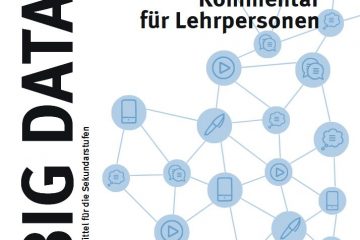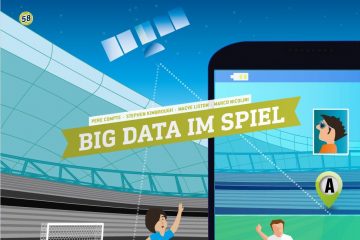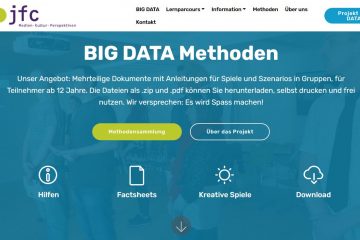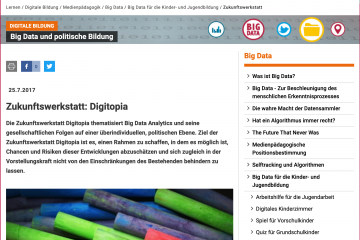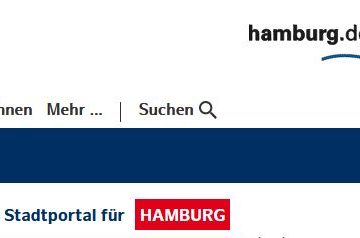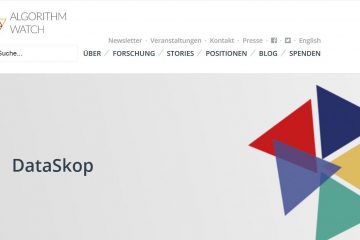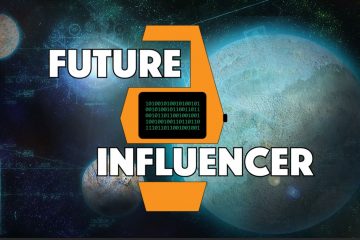Tools & Resources
Datak – Spiel um deine Daten
Radio Télévision Suisse (2017): DATAK. Spiel um Deine Daten, Genf: Radio Télévision Suisse. The teaching material “DATAK” is a serious game aimed at students in grades 7 to 9. The game aims to raise awareness of the value of data and the handling of personal data as well as data Read more…

